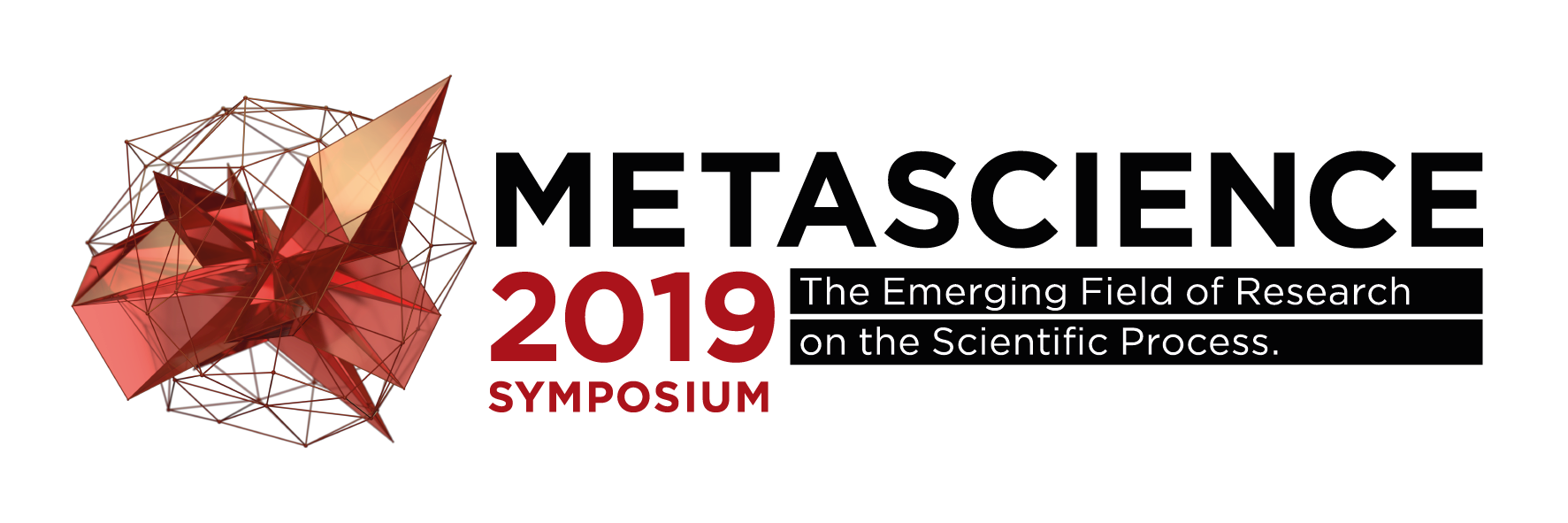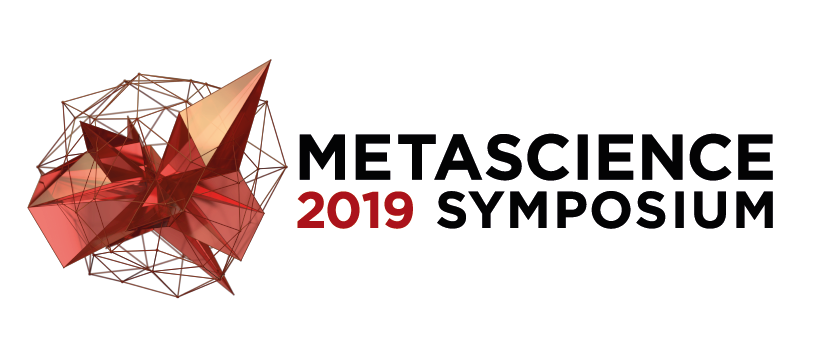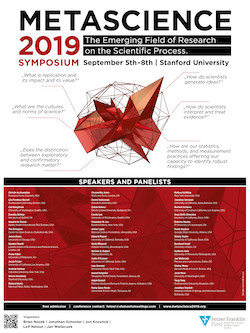Dean Keith Simonton
University of California, Davis, USA
Go to his biography
Abstract: Scientific Creativity: Discovery and Invention as Combinatorial
Although scientific creativity is often viewed as entailing some combinatorial process or procedure, it is necessary to more explicitly formalize what that actually means. By focusing on creativity as problem solving, three parameters are used to describe eight possible combinatorial solutions, only one of which is considered creative. The latter leads to a three-critertion creativity definition, namely, that personally assessed creativity is a multiplicative function of originality, utility, and surprise. This definition then has six major implications, implications that are partly illustrated using Monte Carlo simulations. One key repercussion is that creativity always requires some involvement of trial and error, generate and test, or blind variation and selective retention (however named). Moreover, the formal representation implies that no single pro- cess or procedure can ever be specified as generating the creative combinatorial solutions. The presentation concludes by using the three-criterion definition to indicate how creativity differs in the arts and sciences.




